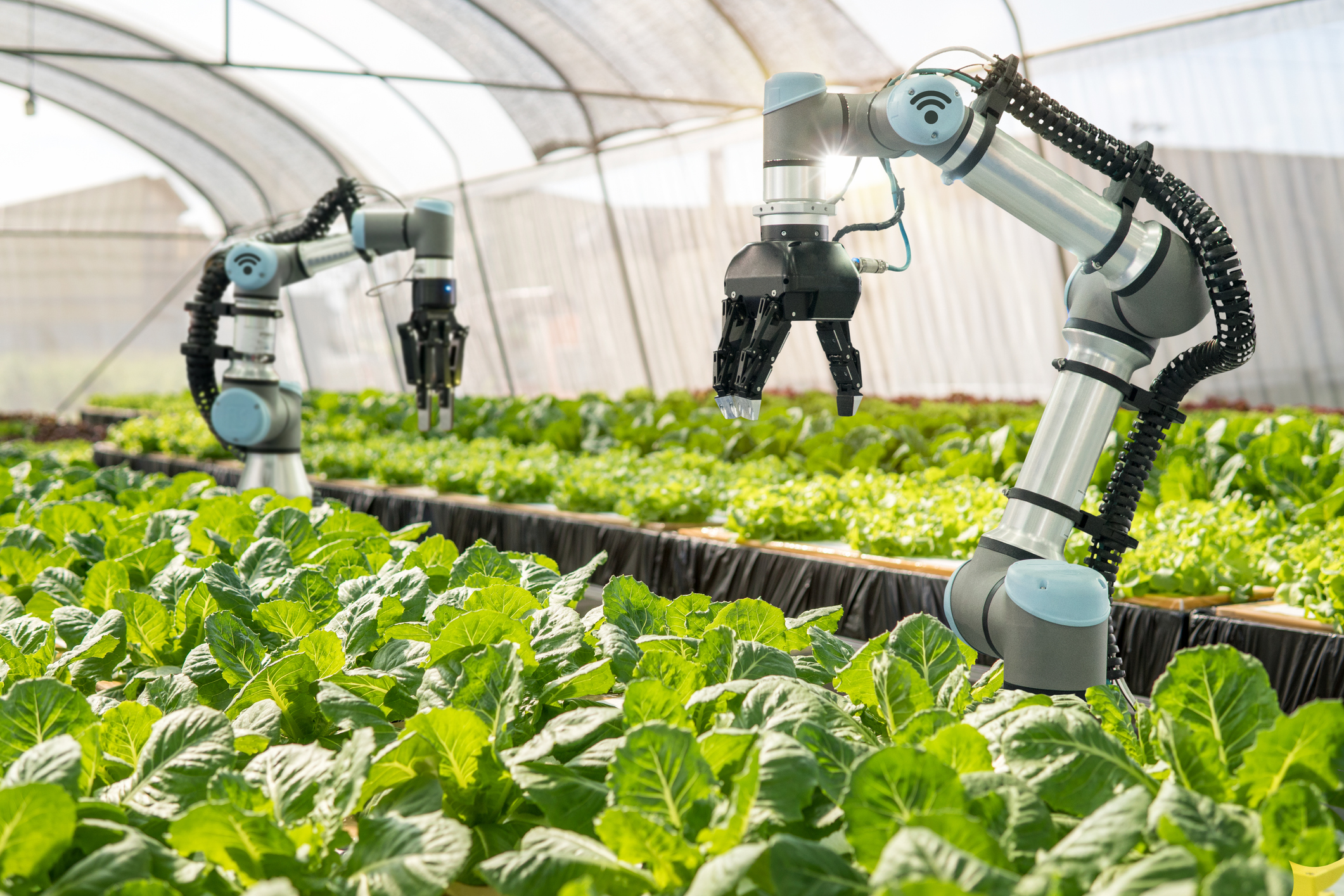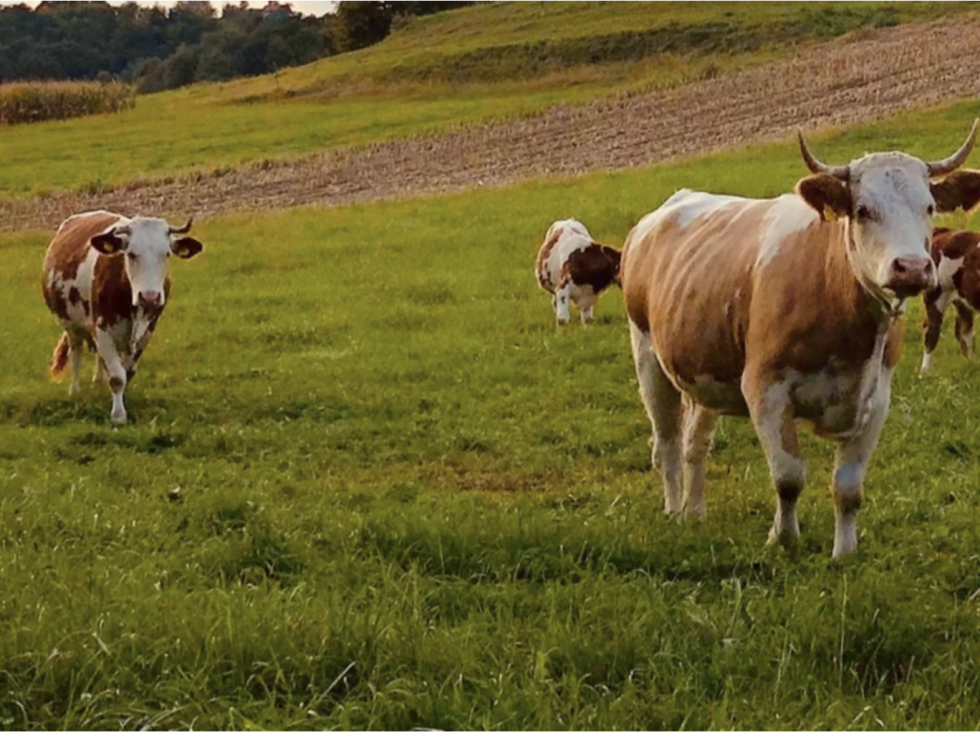It is no secret that modern, highly industrialized approaches to food production strains the environment. Today, food production represents approximately 20% of global greenhouse gas emissions. In addition, food production is associated with other negative impacts, including high water demand, severe soil degradation, eutrophication, and more. As a result, it is becoming increasingly important for sustainable solutions to be developed for food systems. Fortunately, emerging technologies offer promising possibilities for sustainable food production. In this article, IDTechEx will examine three of these technologies and explore their potential to make food production more sustainable.

Cultured Meat
Meat production has become well known in recent years for being a major contributor to greenhouse gases, especially through methane emissions from cattle. The cultured meat industry is a recent and exciting new field that can counter this drawback of meat consumption. Cultured meat, also known as cultivated or lab-grown meat, involves the in vitro growth of animal cells, effectively removing the animal from the production process and bypassing the methane emissions produced over the animal’s lifetime. The cultured meat industry has seen significant growth, and the industry is predicted to be worth US$14 billion by 2043, according to IDTechEx’s latest report, “Cultured Meat 2023-2043“.
Cultured meat production presents several compelling environmental benefits. For starters, it requires significantly less land and water – up to 95% and 96%, respectively – than traditional livestock farming. Additionally, issues associated with meat production, such as deforestation and antibiotic overuse, could be alleviated. However, the impact on carbon emissions is uncertain because, with no large-scale production in operation yet, it is difficult to make carbon impact estimations. Importantly, cultured meat production requires significant energy, and this is a potential source of CO2 emissions. Compared to methane, CO2 does have a longer-lived GHG effect but is still preferred over methane which has up to 80 times more potent effect in the first 20 years.

** Click here to read the full-text **









